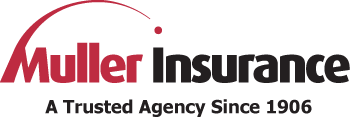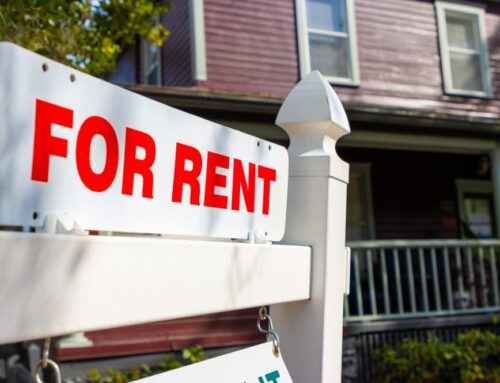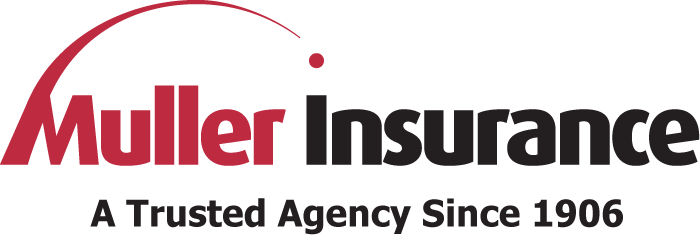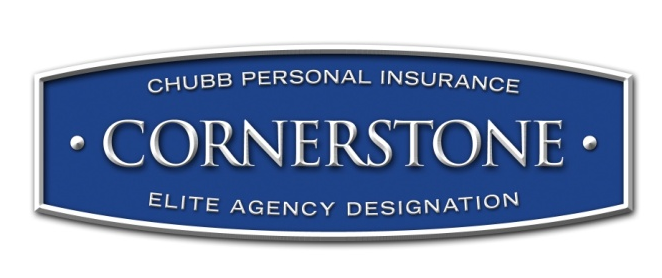Owning a rental property is a great source of income, but it’s also a risky endeavor. While it’s possible to insure against those risks, there can be some confusion about where the landlord’s responsibility stops and where the tenant’s responsibility begins.
In New Jersey and other states, Muller Insurance helps landlords navigate obtaining the right amount of coverage. Here, we explain what tenant-occupied insurance does and doesn’t cover so you can protect your assets and inform your tenants of their responsibilities.
What Is Tenant-Occupied Dwelling Insurance?
Tenant-occupied dwelling insurance is also called landlord insurance or rental dwelling insurance. It covers a dwelling or property that is occupied by a tenant – not by the owner. As a general rule, the policy level that’s best for you will depend on your financial needs and limits, your building, and a variety of other factors. Like home insurance, tenant-occupied dwelling insurance comes in three levels, including:
- Basic dwelling property insurance (DP-1): The most limited and basic type of policy, DP-1 provides cash-value reimbursement for a limited number of perils named in the policy.
- Broad dwelling property insurance (DP-2): Slightly more comprehensive than DP-1, this level provides replacement-cost reimbursement for named risks and events.
- Special dwelling property insurance (DP-3): The most comprehensive level, DP-3 provides replacement-cost reimbursement and doesn’t limit coverage to perils named in the policy.
What Does It Cover?
Individual policies may vary depending on the level of coverage, insurance provider, and your own needs and requests. In general, however, a tenant-occupied dwelling policy includes the following types of coverage:
- Dwelling coverage that protects the dwelling itself against accidents, natural disasters, fires, vandalism, and theft.
- Other structures coverage that protects structures included with the property but are detached from the dwelling (i.e. garages, barns, storage units, and sheds).
- Personal liability coverage that protects against lawsuits and provides medical payment if the following occurs:
- A tenant or guest is injured on your property.
- A tenant sues for property damage or negligence.
- Income loss coverage that protects your rental income by reimbursing you when tenants vacate due to a covered event.
- Personal property coverage that protects any personal property, such as appliances, that you leave on-site for tenant use.
Some policies also cover tenant damage. Accidental damage is the most common type of damage covered, but intentional damage is usually not covered. Tenant-occupied dwelling policies also generally exclude flood or earthquake damage. If your property is near water or in an area vulnerable to earthquakes, you should consider investing in additional earthquake or flood insurance.
Responsibilities of Tenants
Tenant-occupied dwelling insurance is designed to protect the property owned by the landlord, and that’s where it stops. Any property owned by the tenants must be covered separately. A renters’ insurance policy held by tenants will cover their personal property in case of disaster, and for this reason, most landlords require tenants to own a renters’ insurance policy. To learn more about tenant-occupied insurance and finding a policy for your building in New Jersey or beyond, contact us today.








